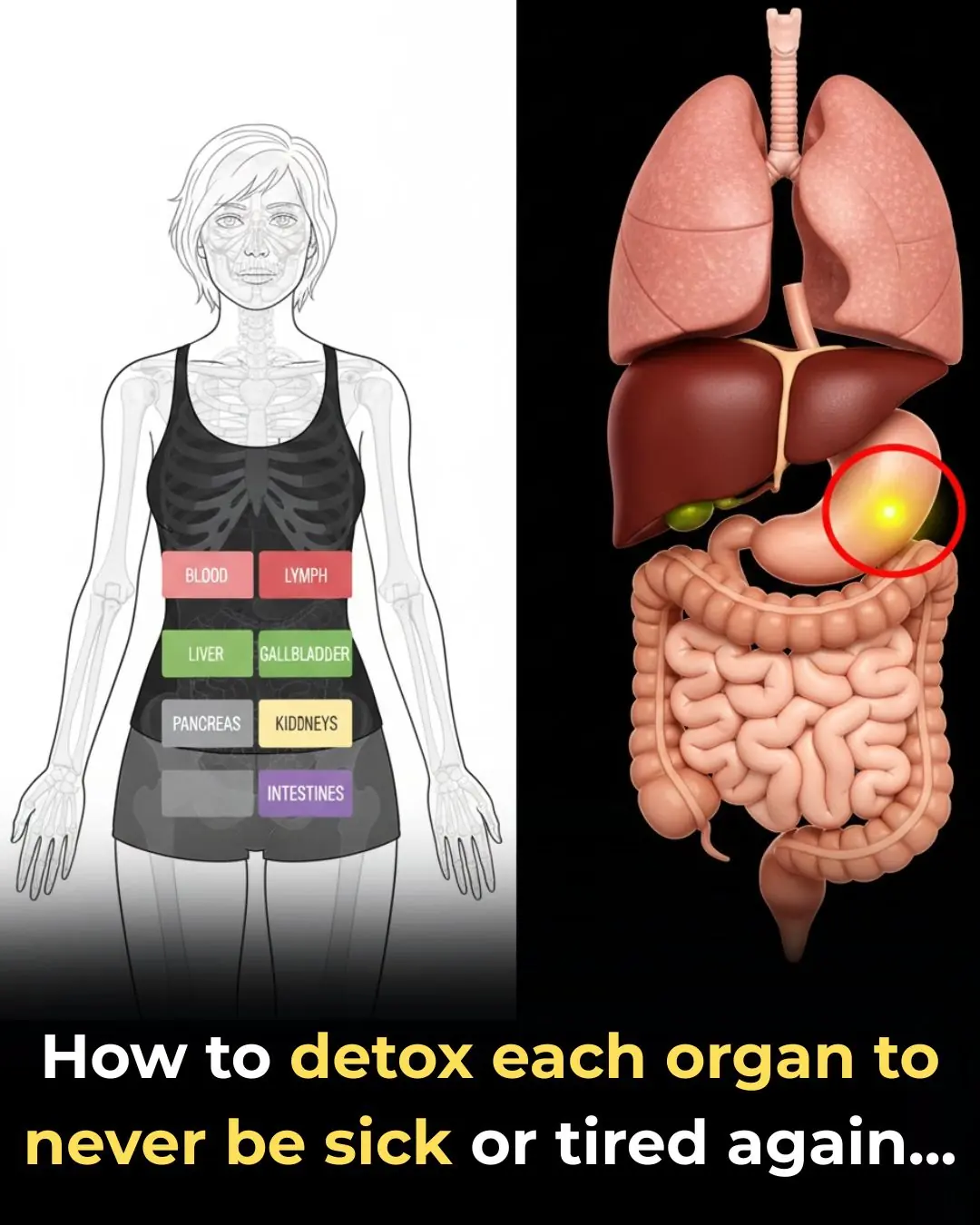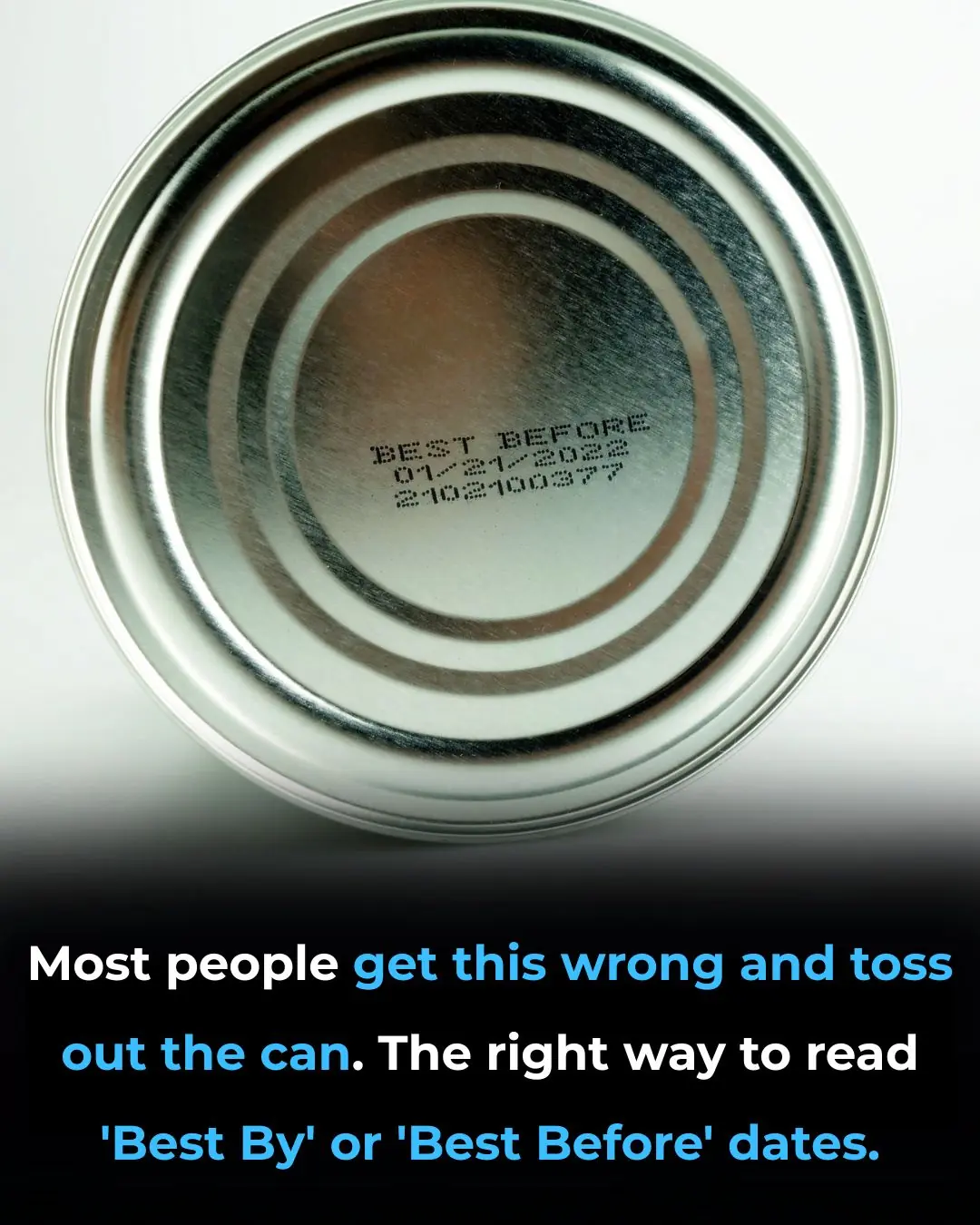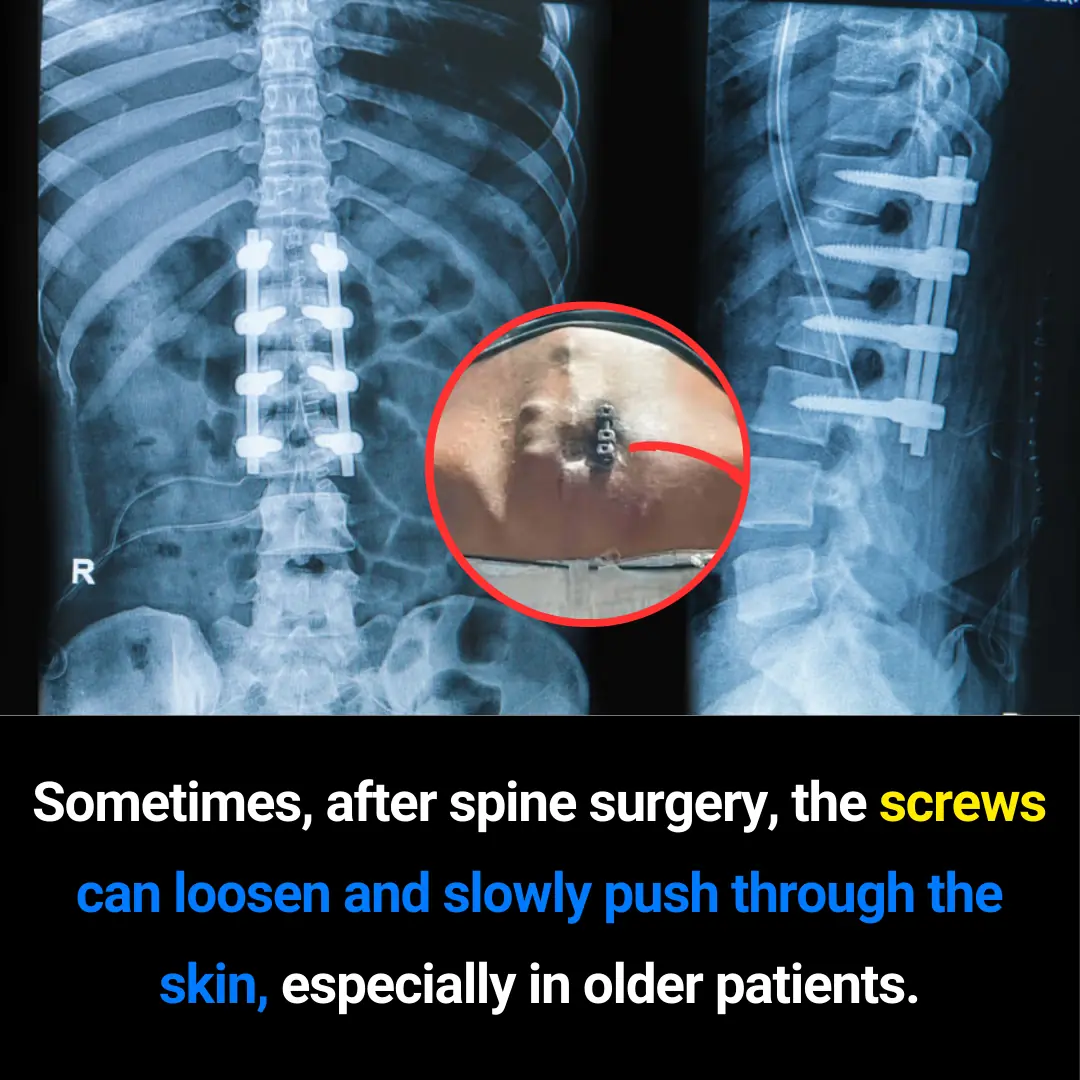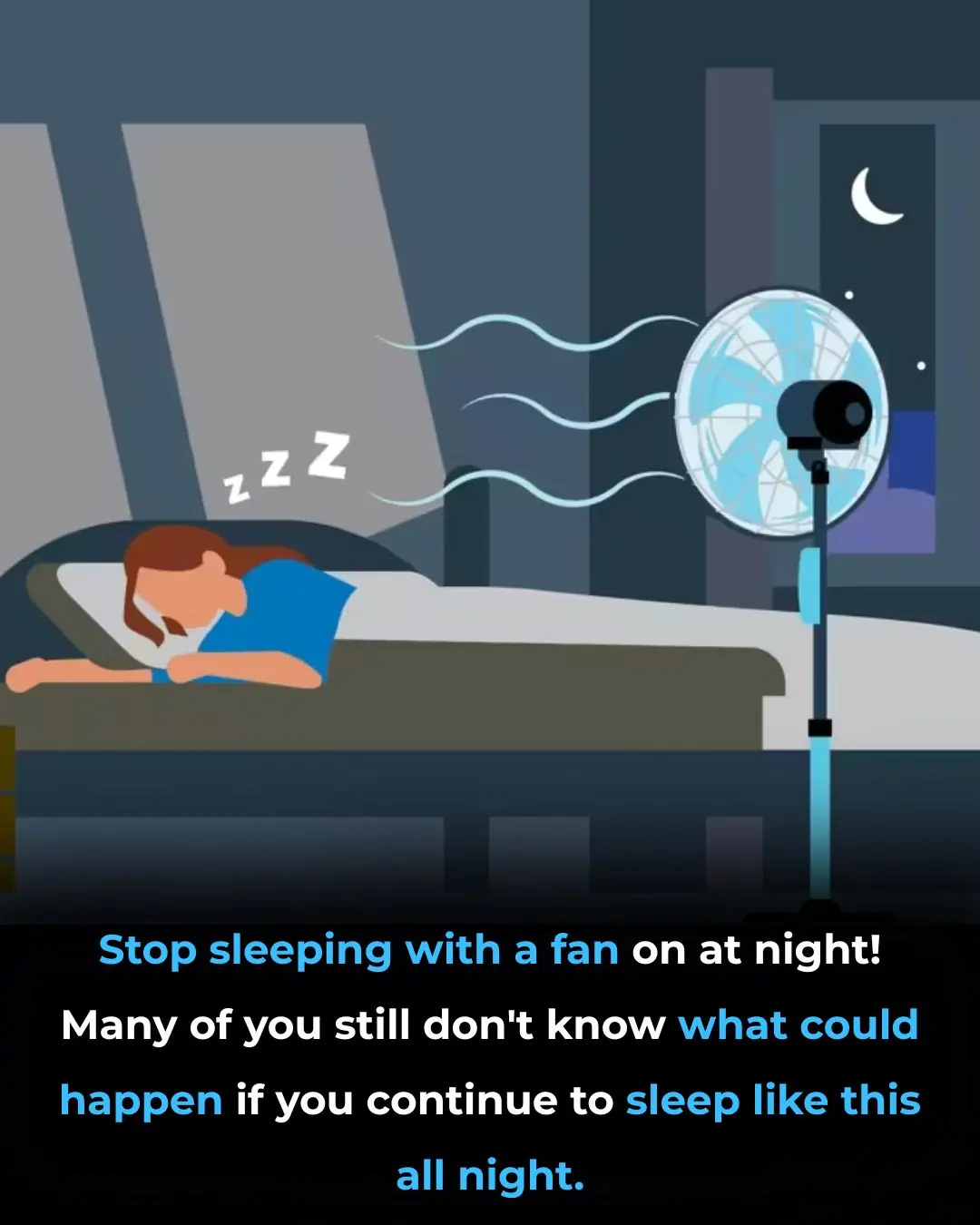Neurologist Reveals Exact Age You Should Cease Beer Consumption
For many, a glass of wine with dinner or a cold beer on the weekend seems harmless—maybe even relaxing. But according to Dr. Richard Restak, a neurologist and author of The Complete Guide to Memory: The Science of Strengthening Your Mind, that habit may be more dangerous than you think—especially after the age of 65.
In his book, Dr. Restak makes a strong case: if you want to protect your memory and preserve brain health, one of the most effective steps you can take is quitting alcohol altogether—even moderate drinking.
Let’s explore why.
Alcohol and the Aging Brain: A Risky Mix
Alcohol is classified as a mild neurotoxin, which means it can damage nerve cells in the brain. While the effects of a drink or two may seem insignificant in youth, the impact accumulates over time—and it becomes more serious as we age.
After 65, the brain naturally undergoes changes:
- A slow but steady decline in neurons (about 2–4% over a lifetime)
- Greater sensitivity to toxins, including alcohol
- Increased vulnerability to cognitive disorders
Dr. Restak emphasizes that even moderate drinking after 65 can accelerate neuronal damage, putting older adults at greater risk for memory loss and dementia.
Dementia Risk and Alcohol: The Hidden Connection
Dementia already affects millions of people globally, and its prevalence increases dramatically with age. Dr. Restak points out that alcohol consumption is closely linked to several dementia-related concerns, including:
- Brain shrinkage, especially in regions responsible for memory and decision-making
- Increased risk of Wernicke-Korsakoff Syndrome, a brain disorder tied to alcohol-related vitamin B1 (thiamine) deficiency
- Early onset of dementia, sometimes appearing before the age of 65
And while some studies have suggested that moderate alcohol might offer protection against cognitive decline, the evidence is mixed and inconclusive. In contrast, a growing number of researchers and organizations—such as Alzheimer’s Research UK—suggest that cutting back on alcohol could prevent or delay up to half of dementia cases worldwide.
“Just One Beer” — Still a Problem?
You might be thinking: Isn’t one drink here and there okay?
Dr. Restak’s answer is clear: not after 65.
He warns that even occasional or moderate drinking past this age can pose serious cognitive risks. As memory becomes more fragile, lifestyle choices that once seemed harmless may now carry heavy consequences.

Alcohol and Physical Risks for Older Adults
Beyond brain health, alcohol presents other dangers for seniors. As we age:
- Balance becomes less stable
- Reflexes slow
- Bones weaken
Drinking—even lightly—can significantly increase the risk of falls and serious injuries, which are often life-threatening in older adults. A broken hip at 70 doesn’t heal the same way it does at 40.
A Public Health Priority
The impact of dementia isn’t just personal—it’s economic.
In the UK alone, dementia care costs are projected to double, rising from £43 billion in 2023 to nearly £90 billion by 2040. Reducing alcohol consumption is seen as a major preventive step that could reduce these costs and improve quality of life for millions.
What Dr. Restak Recommends
While national health guidelines like those from the NHS suggest limiting alcohol to no more than 14 units per week (about six beers or 1.5 bottles of wine), Dr. Restak goes further:
“The best strategy for brain preservation is to completely abstain from alcohol after age 65—and no later than 70.”
It may seem like a drastic shift, but for many, it’s a small sacrifice in exchange for longer-lasting memory, better brain function, and a reduced risk of cognitive decline.
A New Chapter for Brain Health
Giving up alcohol after 65 doesn’t have to be about restriction—it can be about renewal. Many people who quit alcohol in their later years report:
- Better sleep
- Clearer thinking
- Improved mood
- Reduced anxiety
- Greater energy
It’s never too late to start caring for your brain. The earlier you act, the more powerful the benefits.
Final Thought
Whether you’re approaching 65 or well past it, consider this advice from Dr. Restak a wake-up call. In a world where memory disorders are rising and longevity is increasing, protecting your cognitive health should be a top priority.
That glass of wine may not seem like a big deal—but your brain might disagree.
You’ve just read,Exact Age You Should Cease Beer Consumption. Why not read Manager Had To Hire A New Employee.








































